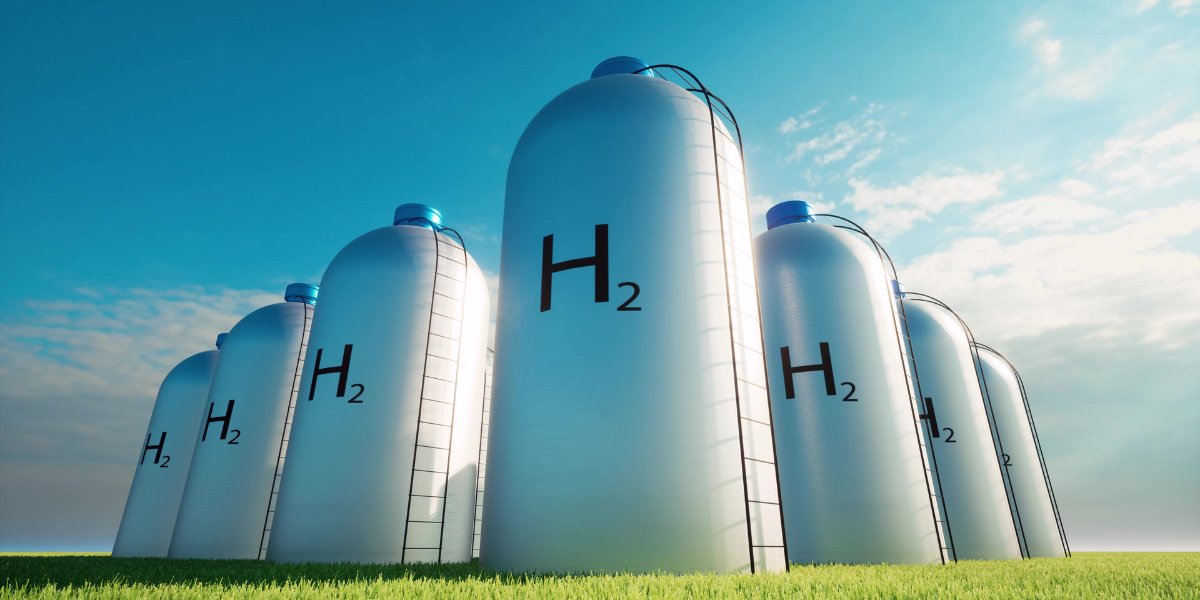|
Brussels, |
|
New EU Rules for Renewable Hydrogen
The Commission published two delegated acts. Rules for domestic production and imports.
The European Commission has taken a significant step forward in promoting renewable energy by publishing two delegated acts that define the rules for renewable hydrogen in the European Union. These acts provide a clear framework for determining which hydrogen-based fuels and energy carriers can be considered as renewable fuels of non-biological origin (RFNBOs) and outline a methodology for calculating their life-cycle greenhouse gas emissions.
Brussels, 3 July 2023 - 5 MINUTES READ
The delegated Acts were published on 20 June 2023.
The first act establishes the conditions under which hydrogen and other RFNBOs can be classified as renewable fuels. It also emphasizes the principle of "additionality," which ensures that the production of renewable hydrogen is connected to new renewable energy sources. This approach encourages the expansion of renewable energy capacity within the EU.
The second act focuses on calculating the life-cycle greenhouse gas emissions associated with RFNBOs. It takes into account emissions from electricity generation, processing, and transportation to provide a comprehensive assessment of their environmental impact.
These acts are part of a broader regulatory framework for hydrogen in the EU, which includes investment in energy infrastructure and state aid rules. They are crucial for meeting the EU's targets of producing 10 million tonnes of domestic renewable hydrogen and importing another 10 million tonnes by 2030.
The publication of these acts provides legal certainty for both producers and consumers of renewable hydrogen. It creates a favorable environment for attracting investments in renewable energy and advancing the decarbonization of the EU's energy system.
The Commission estimates that meeting the 2030 targets will require around 500 TWh of renewable electricity. While the initial electricity demand for hydrogen production will be minimal, it is expected to increase significantly as large-scale electrolysers become more widespread.
The new rules apply to both domestic and international producers exporting renewable hydrogen to the EU. The Commission will work closely with stakeholders and certification schemes to facilitate the practical implementation of these regulations.
The publication of these delegated acts represents a crucial milestone in promoting renewable hydrogen as a viable and sustainable energy source in the EU. By providing a clear definition and a robust methodology for assessing its environmental impact, the EU is paving the way for the widespread adoption of renewable hydrogen and contributing to the decarbonization of the energy sector.
© Copyright eEuropa Belgium 2020-2023
Source: © European Union, 1995-2023
Source: © European Union, 1995-2023



